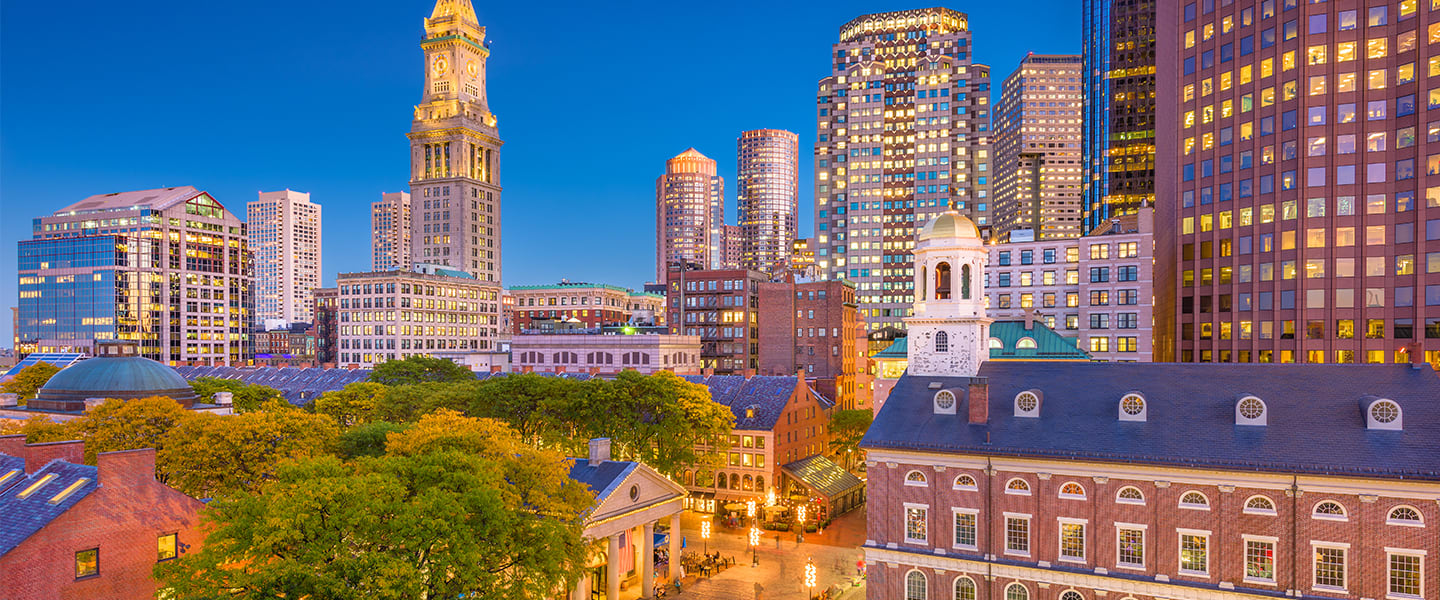Senior Apartments in Massachusetts

Overview of Senior Apartments in Massachusetts
The median monthly cost of a senior apartment in Massachusetts is about $1,400.
Top-rated Senior Apartments facilities in Massachusetts
Residences at Highland Glen
5 for all except activities - one gathering each month with refreshments. You're on your own for quality of care. Value for the money is quite good, but it's on the higher end side. Everyone is very friendly...
Little Neck Village
They have been very accommodating . It's too early for us to have made relationships. The facility is very nice and clean. It's convenient to shopping areas and places to eat. Also very close to the...
Westwood Glen Common
I picked this community, because it's a very nice community. Close to my family.Apartment is great. Great surroundings. Beautiful apartments. Close to Stores and highway. Beautiful town. I would recommend to...
Top-rated Senior Apartments facilities in Springfield
See top facilitiesConnect55 Plus Manchester
I put n/a for some of the categories. This is not a nursing home. There's no food served. This is an apartment complex for 55 and over seniors. Like I said, it's not a nursing home. It's just folks and...
Suffield Commons, LLC
They're not inclined to raise the rent here. I live in the smallest apartment that they have available and it works for me, it is 640 square feet. I would recommend Suffield Commons to others looking for...
Heritage Woods
The staff is great. They take great care of the residents and some of them go above and beyond. The facility is a little run down in places but nothing excessive. It's just that the building has been there...
Top-rated Senior Apartments facilities in Worcester
See top facilitiesResidences at Highland Glen
5 for all except activities - one gathering each month with refreshments. You're on your own for quality of care. Value for the money is quite good, but it's on the higher end side. Everyone is very friendly...
The Gables of Fitchburg
The place is beautiful the staff were excellent. It was a very nice place. My aunt was there for a year. She didn't like it. She ended up in a nursing home and she is thriving there. But, it has nothing to...
Brookdale Eddy Pond East
The staff and residents at Brookdale Eddy Pond East are very welcoming and treated my mother like family. From the administrator to the business office , the support staff , nurses , CNA'S and kitchen staff-...
Top-rated Senior Apartments facilities in Danvers
See top facilitiesResidences at Highland Glen
5 for all except activities - one gathering each month with refreshments. You're on your own for quality of care. Value for the money is quite good, but it's on the higher end side. Everyone is very friendly...
Benchmark Senior Living at Chelmsford Crossings
All good except short staffed. Rugs should be cleaned more often in rooms. [name removed], my mom and sister [name removed] have been residents.
Susan Bailis Assisted Living Community
5 across the board- The staff are all very friendly and helpful. Unfortunately, my mom needs memory care now and we have to move her. I wish she could have stayed at SB longer.
Top-rated Senior Apartments facilities in Plymouth
See top facilitiesResidences at Highland Glen
5 for all except activities - one gathering each month with refreshments. You're on your own for quality of care. Value for the money is quite good, but it's on the higher end side. Everyone is very friendly...
Everleigh Cape Cod
My loved one is very happy here. The area is great and the staff are wonderful. Gatherings, movie theater, pool, and more for activities for the residents to choose from. Due to the pandemic the...
Westwood Glen Common
I picked this community, because it's a very nice community. Close to my family.Apartment is great. Great surroundings. Beautiful apartments. Close to Stores and highway. Beautiful town. I would recommend to...
Top cities in Massachusetts for senior apartments
Find senior apartments in other states
Find Senior Apartments in Massachusetts cities
Other senior living options in Massachusetts
Find assisted living near you
The information contained on this page is for informational purposes only and is not intended to constitute medical, legal or financial advice or create a professional relationship between A Place for Mom and the reader. Always seek the advice of your health care provider, attorney or financial advisor with respect to any particular matter, and do not act or refrain from acting on the basis of anything you have read on this site. Links to third-party websites are only for the convenience of the reader; A Place for Mom does not endorse the contents of the third-party sites.
Please enter a valid email address.
A Place for Mom is paid by our participating communities, therefore our service is offered at no charge to families. Copyright © 2024 A Place for Mom, Inc. All Rights Reserved. Privacy & Terms. Do Not Sell My Personal Information.